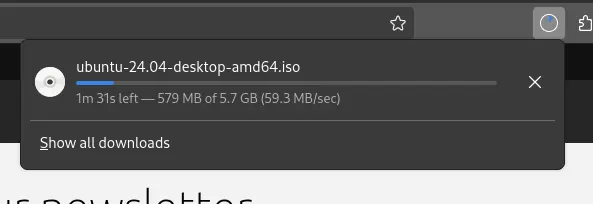this post was submitted on 28 Apr 2024
213 points (88.2% liked)
linuxmemes
21210 readers
70 users here now
Hint: :q!
Sister communities:
- LemmyMemes: Memes
- LemmyShitpost: Anything and everything goes.
- RISA: Star Trek memes and shitposts
Community rules (click to expand)
1. Follow the site-wide rules
- Instance-wide TOS: https://legal.lemmy.world/tos/
- Lemmy code of conduct: https://join-lemmy.org/docs/code_of_conduct.html
2. Be civil
- Understand the difference between a joke and an insult.
- Do not harrass or attack members of the community for any reason.
- Leave remarks of "peasantry" to the PCMR community. If you dislike an OS/service/application, attack the thing you dislike, not the individuals who use it. Some people may not have a choice.
- Bigotry will not be tolerated.
- These rules are somewhat loosened when the subject is a public figure. Still, do not attack their person or incite harrassment.
3. Post Linux-related content
- Including Unix and BSD.
- Non-Linux content is acceptable as long as it makes a reference to Linux. For example, the poorly made mockery of
sudoin Windows. - No porn. Even if you watch it on a Linux machine.
4. No recent reposts
- Everybody uses Arch btw, can't quit Vim, and wants to interject for a moment. You can stop now.
Please report posts and comments that break these rules!
founded 1 year ago
MODERATORS
you are viewing a single comment's thread
view the rest of the comments
view the rest of the comments

What is truly bloated is their network-install images, starting with a 14MB kernel and 65MB initrd, which then proceeds to pull a 2.5GB image which they unpack into RAM to run the install.
This is especially egregious when running thin VMs for lots of things, since you now require them to have at least 4GB of RAM simply to be able to launch the installer at all.
Compare this to regular Debian, which uses an 8MB kernel and a 40MB initrd for the entire installer.
Or some larger like AlmaLinux, which has a 13MB kernel and a 98MB initrd, and which also pulls a 900MB image for the installer. (Which does mean a 2GB RAM minimum, but is still almost a third of the size of Ubuntu)
Not to mention pulling a 2.5GB image is kind of hard on network. I don't get it as that costs them more money.
We're mirroring the images internally, not just because their mirrors suck and would almost double the total install time when using them, but also because they only host the images for the very latest patch version - and they've multiple times made major version changes which have broken the installer between patches in 22.04 alone.